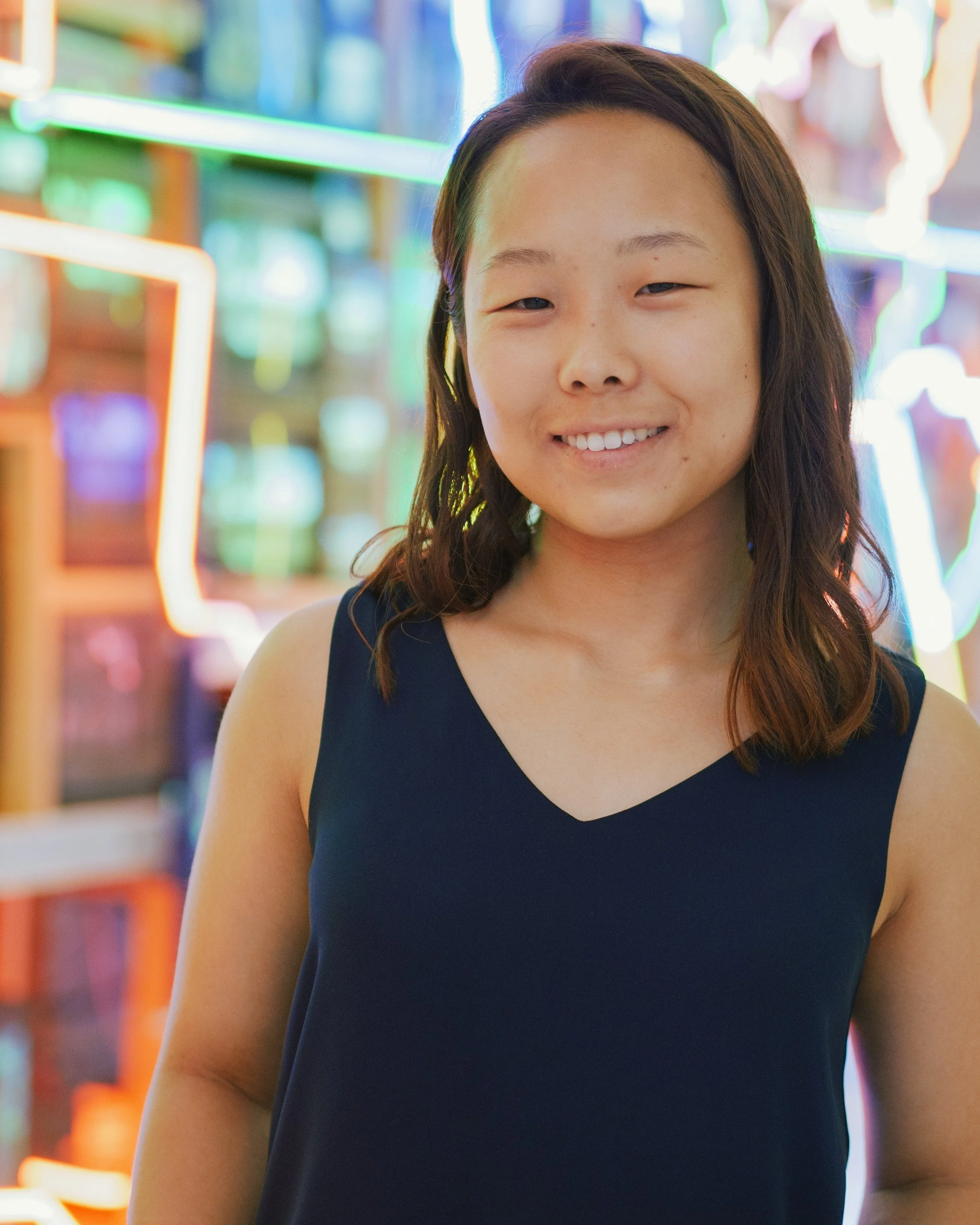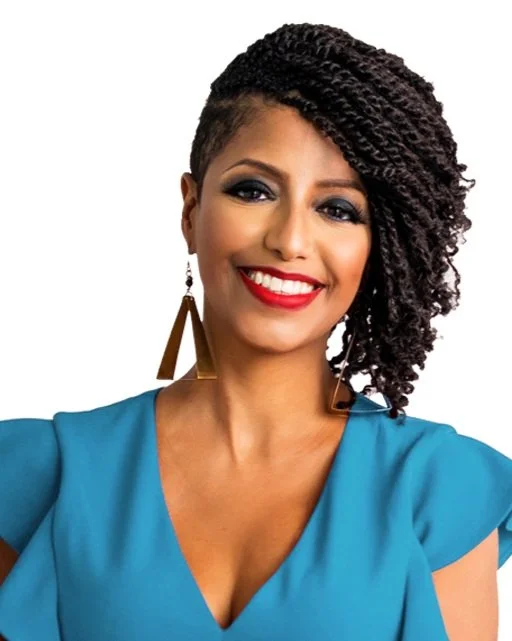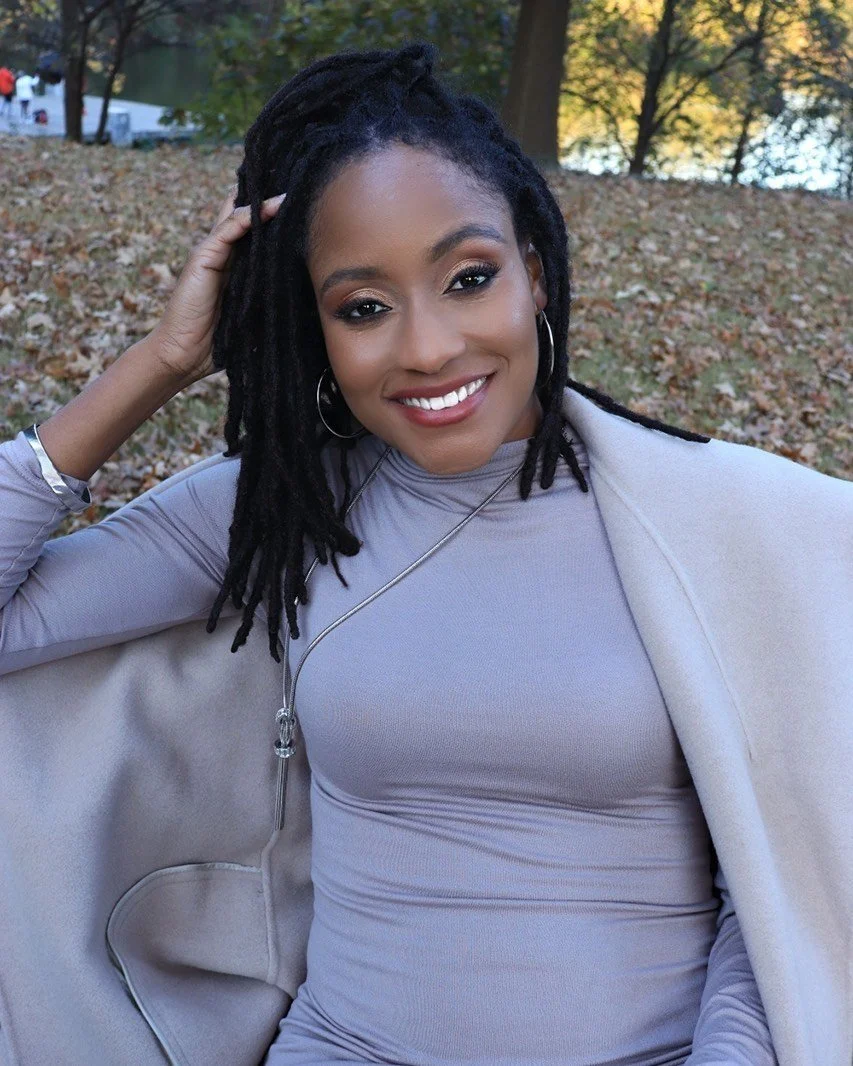A Conversation with Christine Choi: Learning about Allyship and the Intersectionality of Identity #AAPIHeritageMonth
“In my experience, this approach of compassion and humility creates space for people to open up about their regrettable mistakes with true conviction and accountability. Only then can we start the journey of making amends and being a part of the solution. That is the space I care about fostering. I would imagine these things have contributed in unmeasurable ways to my success, professionally and personally.”
We can’t ignore the rising numbers of hate crimes against Asian Americans nor the fact that this hate is built upon the past, in which the US marginalized this community. For those of us who do not identify as Asian American and Pacific Islander, and are confronted with this past history, we really must ask ourselves: “How do I show up and take the struggle on as my own?”
Throughout the month, we’ve had the opportunity to speak to various members of the Asian American and Pacific Islander (AAPI) community. As we know, the AAPI community is very diverse, encompassing a broad mix of cultures, languages, and countries. Having this opportunity has allowed us to learn more about the people around us and really make an impact when it comes to allyship.
We sat down with our friend, software engineer and diversity and inclusion champion, Christine Choi to talk about identity and allyship within the AAPI community. Keep scrolling for the full interview.
Resources & Links
Full Interview
Tell me about yourself, Christine! And what top 3 identities are most salient to you today?
Where to begin. To start, I'm an openly queer Asian American woman, the eldest of Korean immigrants, I love learning about people and how we relate to one another (and fail to do so). I have a background in DEI consulting but have recently transitioned into the tech industry as a software engineer. I'm a foodie, a musician, a deeply loving and supportive friend, and I find myself taking as many opportunities as possible to be in spaces that center women of color and queer people of color.
As far as what identities are most salient to me today, I won't be answering this question succinctly because I, like everyone, hold multitudes.
Some parts of me come to the forefront of my awareness depending on my environment. For example, I mentioned that I recently transitioned into tech and it's heart-breakingly common for me to be the only person of a given identity in a meeting: the only woman, the only person of color, the only queer person, not to mention the intersection of those things. I'm not going to lie, it's been quite the culture shock considering I used to work with women predominantly, often women of color, in my previous profession as a DEI consultant. It can be incredibly lonely being in tech. It's also worth pointing out that it's incredibly radical that I'm in spaces and industries historically dominated by straight, white, cisgender, affluent men.
I've also been acutely more aware of my Asianness these past few years for obvious reasons. Like many other people and communities in this country and around the world, I carry heavy emotions for things that are neither my fault nor in my control. There are days I carry fear, sadness, deep rage, or even grief for a life with more dignity, human respect, and safety that is often granted to the most privileged among us. And then there are days I feel so strong and resilient and joyful and fulfilled, and I know it's because I choose to be uncompromised in my integrity and identity. When I'm feeling down I remind myself that I'm not alone in this pain, and that people of current and past generations have endured and overcome so much, and that the harm that can arise while doing everyday things like waiting for the train or walking down the street is not at all my fault.
How have your various identities contributed to your success?
Living in intersectional spaces has blessed me with a lense of compassion and humility. For example, as a queer Korean-American woman, I've learned early on that just because I am marginalized doesn't mean that I can't partake in the marginalization of others. I've witnessed people I love in places I called home make this very mistake. If the queer community knows what it's like to be treated as social pariahs but is also rampant with racism, and if my family knows the unfair struggle of building a life from scratch in a country that is not their original home but is also struggling to accept their daughter building a life truest to her, who am I to presume that I am exempt from perpetuating harm onto others? We all have things to unlearn. And that unlearning involves looking inward, not standing on a soapbox.
In my experience, this approach of compassion and humility creates space for people to open up about their regrettable mistakes with true conviction and accountability. Only then can we start the journey of making amends and being a part of the solution. That is the space I care about fostering. I would imagine these things have contributed in unmeasurable ways to my success, professionally and personally.
Think of a time when your experience in this identity left you feeling powerless.
Every year we see horrendous events on the news, so much of which is based in hate, ignorance, and trauma. These events alone can make anyone feel powerless and helpless, but what's even worse is when the people around us are silent. When I did not hear from a single coworker and many close friends after the Atlanta spa shootings, and when my workplace was operating as usual during the insurrection, I felt a secondary level of powerlessness. It's one thing to be in pain, but it's another thing entirely to feel alone in pain.
What does allyship look like to you from someone not in the AAPI community? What would make you feel like your friends, colleagues, and/or neighbors were in your corner?
A few things come to mind which I'll list as calls-to-action.
First, don't be silent. If someone within your family, team, friend group, or race does something racist, do something about it. If someone is uninformed, inform them. If someone makes a racist remark, don't let that comment go without a stern response. If you make a mistake, be forthcoming about it, apologize, and make a plan to do better. Hold your communities and yourselves accountable.
There is this general sentiment I've heard throughout my whole life from peers, teachers, film, news anchors, and leaders that Asian people are the "model minority." But I implore everyone to please never again say the phrase "model minority" without it being followed by the word "myth." This term was created during the civil rights movement to silence Black people and pit people of color against one another. I highly recommend searching "model minority myth history" and learning more if this is new information to you.
For employers and people in power, I implore you to always deaggregate your data when it comes to analyzing information or implementing change for the AAPI community. You'll be surprised by your insights after separating out your data by various Asian ethnicities like East Asians, South Asian, Southeast Asians, and so on. In addition to that, see us as leaders and change-makers and creatives, not merely your analysts and worker bees.
Lastly, see this community as a tremendous array of experiences. It boggles my mind that the AAPI community is seen as a homogeneous community. We could be immigrants, refugees, U.S.-born, Muslim, Buddist, South Asian, Pacific Islanders, artists, leaders, builders, teachers, anything! If you find yourself ever confusing one Asian person for another, it means one of two things: (1) you don't know enough Asian people, or (2) you don't know the Asian people in your life well enough. When you see us for all of our unique paths and beautiful stories, it is impossible to confuse us for one another.






